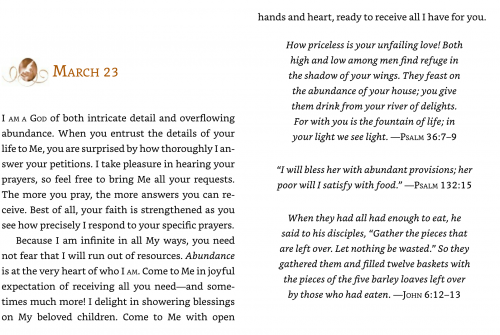The starting point for the prophets’ imagination is an amazing, positive experience of God. Their divine encounter fills their heart not with cynicism, not with sarcasm, not with negativity, not with opposition, but with an ecstasy that has to be shared. That one experience of the Absolute is so absolutizing that it effectively relativizes everything else, including the religious trappings of the Temple, the priesthood, and even sacred texts. Rabbi Nahum Ward-Lev describes the experience of one of the earliest Hebrew prophets:
God also gave Amos a positive vision, an instruction for how the people can preserve themselves and their communal life:
Seek the Living Presence and you shall live. . . . Seek [God] who made the Pleiades and Orion and turns the deep darkness into morning and makes the day darken into night. . . . Seek good and not evil, that you may live. . . . Hate the evil and love the good and establish justice in the gate (Amos 5:6, 8, 14, 15).
Amos, animated by the grave understanding that the present order cannot stand, also bears an alternative vision for the future: seek the Living Presence, seek good and not evil that you may live. Burdened and energized, he leaves his flock behind and sets out for Beth El to bring God’s word. The shepherd of Tekoa heads north in the name of the Shepherd of Israel.
Amos embodies the qualities found in all the writing prophets in the Hebrew Bible. The prophets are people who are imbued with God’s love for creation and consequent passion for justice. The encounter with this love and concern brings forth from the prophet the courage to face what others turn away from—the unsustainability of a society that oppresses the poor. At the same time, the soaring possibilities present in God’s loving attention to the world fires the prophet with the imaginative power to present the people with an alternative, life-giving future. Engagement with divine love, courage to condemn oppression, and imagination to envision an alternative future are three qualities that define the prophetic experience.
The work of the prophets is not done, nor will it ever be, but the example of Jesus and the experience of Christ in our midst empowers us to be prophets in our own time. Rabbi Nahum, who leads a multi-faith sacred community in nearby Santa Fe, New Mexico, urges us to find our own prophetic work:
While most of us are not yet prophets, we also know the presence of a great love, a love that includes the entire world. Awakened by that love, we too are aggrieved in the face of human oppression. A voice within us calls out, “This is wrong and cannot stand.” We yearn for a world in which all can flourish. Fueled by our own particular yearning, we occasionally entertain visions for how some small part of our world can be liberated into greater possibility.
